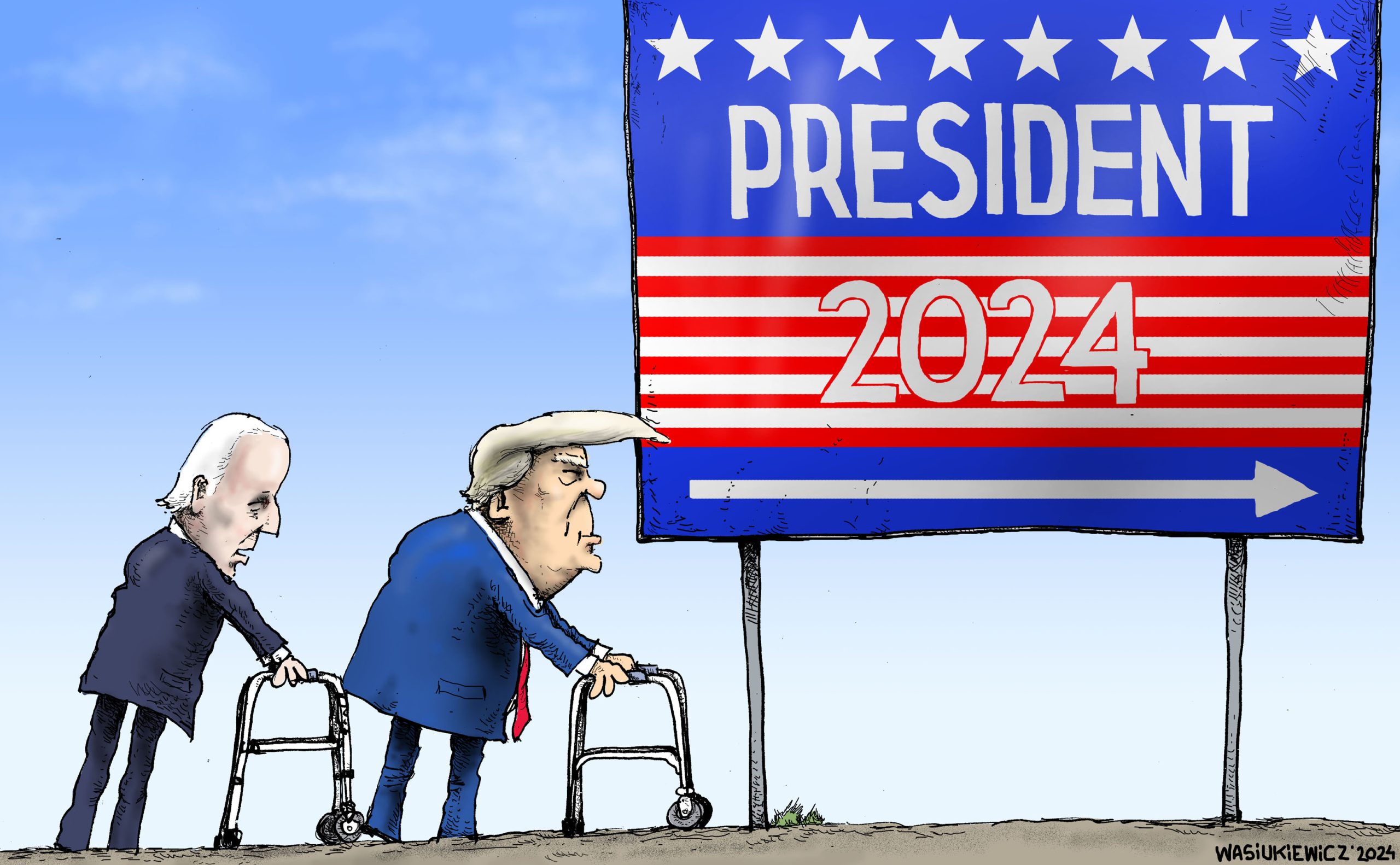How the 2024 race could affect foreign policy
Candidates’ moves to attract voters at home could have enormous ripple effects abroad.

Election campaigns in the United States can often have a more disruptive impact on foreign policy than the candidate who wins. The president’s discretion in international relations is constrained by political realities. Yet, during the race, incumbents make decisions deemed necessary in case of defeat and take actions aimed at swaying voters.
The ongoing U.S. presidential campaign may seem like a replay of the last election, with the exception that the contenders, already seniors in 2020, have aged an additional four years. While a rematch appears likely, surprises cannot be ruled out, and the present situation itself carries significant consequences.
On the Democratic side, President Joe Biden seems to be the only viable option, revealing a weakness in a party that should be able to present a younger, similarly qualified candidate that appeals to both progressives and moderates.
Among Republicans, former President Donald Trump has faced competition primarily from Florida Governor Ron DeSantis and Nikki Haley, formerly governor of South Carolina and Ambassador to the United Nations. So far, Mr. Trump has handily won the Iowa caucuses and the New Hampshire primary, leading Mr. DeSantis to withdraw from the race.
It seems entirely plausible that Mr. Trump could win in November. He remains unfazed by legal challenges, and his voters are undeterred. The Democrats’ support for the proceedings against him appears clumsy and politically motivated.
While President Biden is considered more seasoned and even attracts support from some of the old Republican establishment, major concerns about him remain – notably, his age. He is likely to retain Kamala Harris as his running mate, whose performance as vice president so far has been underwhelming. But with a president so long in the tooth, the choice of vice president is exceedingly important.
Unpopular conflicts
Especially among young voters, the wars in Ukraine and Gaza are unpopular. Young Americans cast their ballots overwhelmingly for Mr. Biden in 2020, but may swing to the Republican candidate or decide to stay home this year.
The White House now faces a new challenge, following an Iran-backed assault that resulted in the death of three American soldiers in Jordan on January 28. The outcome of how decisively and effectively the Biden administration addresses this situation could impact President Biden’s standing in the upcoming elections, either bolstering his candidacy or potentially causing damage.
If the White House wins some economic or foreign policy successes that increase support for the Democratic party, President Biden could step aside for a younger candidate. This would need to happen well before the Democratic National Convention in Chicago in August – meaning there is little time left to make such a change.
The question then would be whether the White House, particularly President Biden’s advisors, would remain steadfast in supporting Ukraine and Israel in their respective wars, which are so unpopular among the young voters. The administration could start to back away from these conflicts while trying to save face by blaming Republican opposition in Congress as its reason for doing so.
Europe and Israel must prepare for that eventuality. Regarding Ukraine, a reduction in U.S. support could be disastrous unless European countries step in, though this seems unlikely. Any resulting “compromise” in Ukraine would likely fail to halt Russian ambitions.
Regardless of the election outcome, Europe must ready itself to assume responsibility for its own defense.

